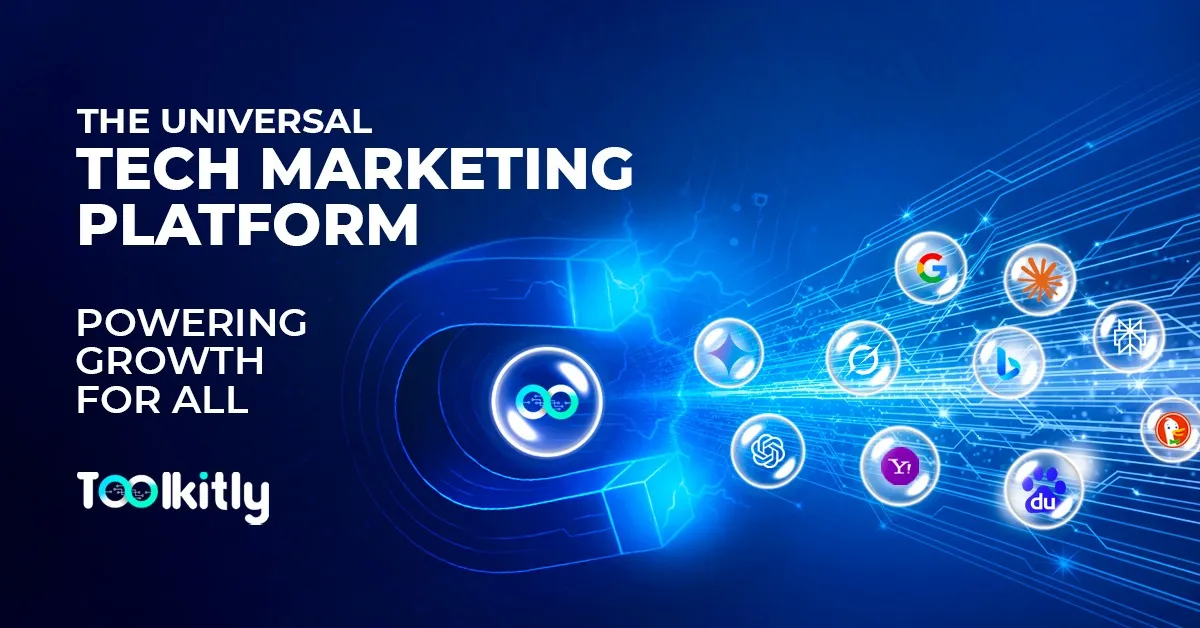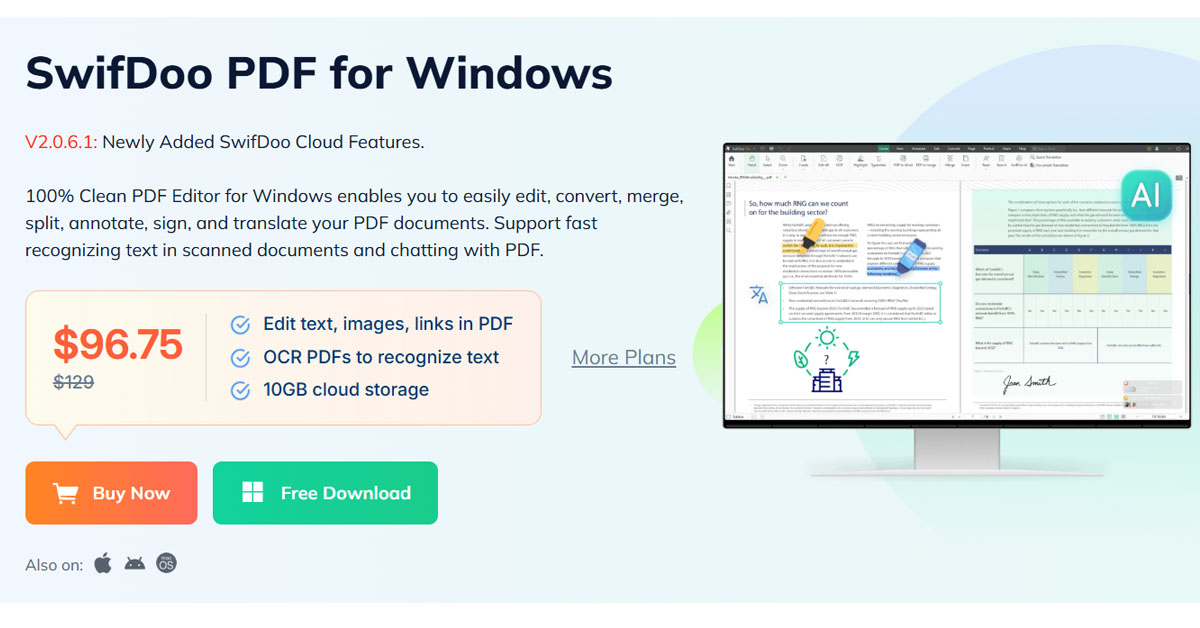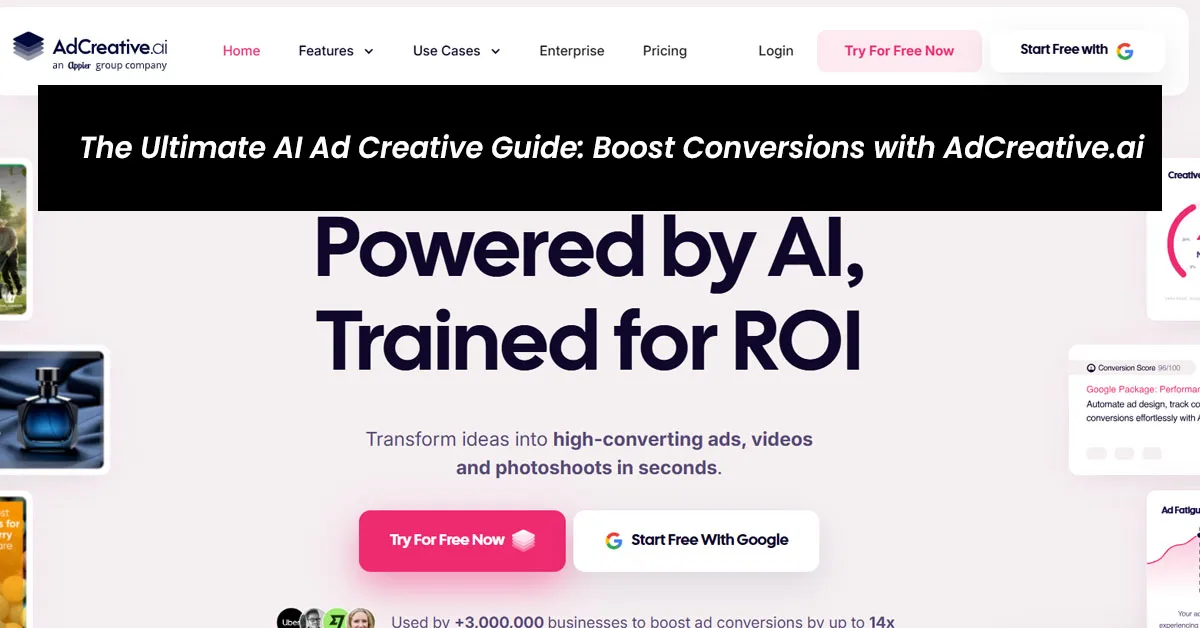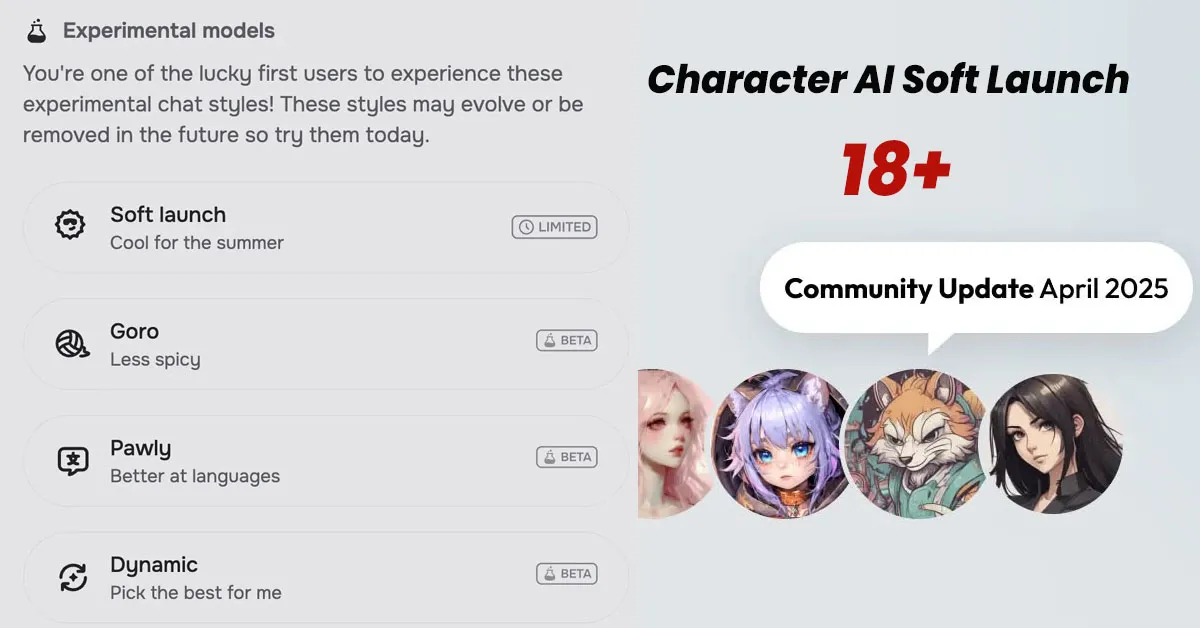
Specialized Platforms and Their Targeted Reach
Specialized marketing platforms such as Toolkitly aggregate and promote AI tools, cybersecurity solutions, and multi-cloud AI platforms to highly targeted audiences. By listing tools in focused directories, these platforms generate relevant backlink opportunities and attract highly-qualified traffic. Users often search “what are AI marketing tools?” or “AI tools for small business,” indicating strong informational intent. Toolkitly meets this by categorizing tools clearly for specific needs (e.g., content generation, cybersecurity analysis), aligning with how audiences explore solutions.
For example, Toolkitly identifies its audience as consisting of AI developers, digital marketers, investors, and tech consultants. This ensures listed tools are seen by users with direct interest in AI-based products and addresses queries like “where to list my AI tool” or “best directories for cybersecurity solutions.”
SEO Value of Targeted Directories
Search engines assign greater weight to links from industry-relevant directories, making niche platforms valuable for long-term SEO. Marketing experts recommend using specialized directories in link-building strategies, since inbound links from them can substantially enhance search performance. For instance, users querying “AI marketing tools with SEO benefits” or “how to improve AI tool rankings” expect guidance on visibility tactics. Toolkitly’s SEO-optimized listing features (meta descriptions, structured keywords) directly serve this intent.
Evidence from multiple analyses confirms the significance of such backlinks:
-
Citation Frequency & Platform Preferences: A study analyzing 40,000 AI-driven answers found differing citation behaviors: Perplexity averages 6.61 citations per response, Google’s AI (Gemini) about 6.1, and ChatGPT around 2.62 citations per answer. This suggests that content appearing in multiple high-authority places increases the chance of being cited across platforms.
-
Platform Source Distributions: Several reports indicate ChatGPT sources nearly half its citations from Wikipedia, with Reddit being a secondary source, whereas Google AI Overviews and Perplexity lean more on community and media platforms (e.g., Reddit, YouTube, LinkedIn)
-
Deep Content Importance: Search Engine Land highlights that Google AI Overviews often cite deep, specialized pages (82% of citations come from content residing beyond top-level pages). This underscores the need for comprehensive, in-depth resources—pillar pages linked from Toolkitly listings can fulfill this requirement.
Contextual Authority and Visibility Benefits
Niche directories like Toolkitly improve a tool’s visibility by passing contextual authority. Because these platforms focus exclusively on AI and cybersecurity topics, their backlinks signal to search engines that your tool is relevant and authoritative in its domain—more so than generic directories.
When users ask “how is AI used in digital marketing?” or “what platforms help market cybersecurity solutions?”, Toolkitly listings answer such queries by surfacing specialized tools in a contextually meaningful setting.
Further strategic insights:
-
Domain & TLD Factors: Analyses show that commercial (.com) sites dominate AI citations (>80%), with non-profit (.org) sources also playing a key role. While newer TLDs like .ai are gaining traction, primary emphasis remains on authoritative domains. Ensuring your own site (and directories linking to it) meets these standards is crucial.
-
Diverse Content Distribution: Given that ChatGPT favors Wikipedia-style resources and Perplexity heavily references Reddit/community discussions, a diversified backlink approach is needed. Toolkitly can serve as a central hub, linking to your Wikipedia entry, community posts, and in-depth articles, aligning with varied AI platform preferences.
Enhanced Visibility Through Content Strategy
SEO-Optimized Listings
In 2025’s competitive AI ecosystem, combining directory listings with on-site content strategy is essential. Platforms like Toolkitly support fields for meta descriptions, structured data, and keyword tags, ensuring tools are indexed effectively. This aligns with transactional intent queries such as “best AI marketing tools for SEO” or “tools to increase AI tool discoverability,” as Toolkitly’s listing framework helps tools surface under these searches.
Additionally, research indicates most B2B buyers click through citations in AI summaries (e.g., Google AI Overviews study suggests 90% click cited sources) , highlighting the value of being cited from authoritative directories and in-depth resources.
Pillar Pages and Internal Linking
What Are Pillar Pages?
A pillar page is a comprehensive, central resource on a key topic, linked to multiple related subpages. This hub-and-spoke model signals expertise to search engines and improves user experience.
Benefits of Using Pillar Pages
- Comprehensive Coverage: Establishes topical authority, matching queries like “what is a pillar page in content strategy?”
- Improved Crawlability: Streamlines site structure, aligning with SEO best practices.
- Enhanced Engagement: Encourages longer visits and lower bounce, which AI search platforms may interpret as quality signals.
When such pillar content is featured via Toolkitly, it benefits from both external backlinks and robust internal linking, satisfying AI-driven search engines’ preference for deep, structured content.
Toolkitly as a Strategic Visibility Channel
Why Choose Toolkitly?
Toolkitly offers a niche environment tailored for AI,Apps, SaaS, cybersecurity tools and any web technology tool discovery. Listings here provide:
- Thematic Relevance: Ensuring your tool appears within AI-focused contexts, matching intent like “top AI tool directories in 2025.”
- Professional Audience: Attracting developers, marketers, and decision-makers actively searching for solutions.
- Credibility Signals: Featuring badges or verification, aligning with authoritative source requirements.
As AI answer engines evolve—prioritizing different source types—Toolkitly acts as a consolidated hub to direct users toward your in-depth content, community discussions, and official documentation.
Long-Term Impact
Listing on platforms like Toolkitly contributes to sustained digital equity. With citation patterns varying across AI engines, a presence in a respected niche directory helps maintain visibility when search paradigms shift to AI-driven summaries. A multi-pronged strategy—linking from Wikipedia entries, engaging in relevant Reddit threads, publishing deep content, and listing on Toolkitly—ensures coverage across ChatGPT, Perplexity, Google AI Overviews, and beyond.
Comparative Chart of Top Citation Sources
Below is a visualization of the top citation sources for major AI answer platforms, based on aggregated data from multiple studies (Aug 2024 – Jun 2025). This chart helps illustrate where your content and backlinks should focus:
(See the displayed chart above: “Top Citation Sources for AI Platforms”)
- ChatGPT: ~48% Wikipedia, ~11% Reddit
- Google AI Overviews: ~21% Reddit, ~18.8% YouTube
- Perplexity: ~46.7% Reddit, ~13.9% YouTube
This comparison highlights the need to optimize for multiple sources: maintaining accurate Wikipedia pages, contributing to community discussions, producing engaging video content, and hosting deep, specialized articles.
Final Recommendations
1. Expand Your Backlink Strategy
Build a network of high-quality backlinks by targeting a diverse mix of content hubs:
- Authoritative sources like Wikipedia or industry blogs lend credibility and help with AI engine trust signals.
- Niche directories/Marketing Platforms (e.g., Toolkitly) increase relevance by aligning your tool with category-specific search intent.
- Community platforms such as Reddit and Quora are favored by AI platforms like Perplexity—engagement here can drive natural citations.
- Professional channels like LinkedIn often influence Google AI’s sourcing, especially for thought leadership and B2B tools.
Ensure that your listings and citations include metadata, relevant keywords, and direct links to core resources like product pages or learning hubs.
2. Create In-Depth Pillar Resources
Develop foundational content that serves as a comprehensive reference point on specific AI or cybersecurity topics. This should:
- Target long-tail queries and emerging questions in your niche.
- Be structured clearly with headers, visual elements (e.g., charts/tables), and internal links to related content.
- Live on URLs that are easy to navigate to and index, as AI engines often favor non-top-level but well-linked pages.
Link these pillar resources from directories like Toolkitly and within external guest posts or collaborations to signal topic authority.
3. Get Active in High-Impact Communities
Being present in discussions and forums related to your product category can influence visibility:
-
Share expertise on platforms like Reddit and LinkedIn where AI search tools often source from.
-
Contribute use cases, answer questions, or participate in topical threads to build reputation and increase citation chances.
-
Keep track of what’s trending in your space using tools like Semrush, BrightEdge, or Similarweb to adapt your content and engagement strategy accordingly.
4. Make Your Content AI-Ready
AI-generated answers are more likely to cite content that’s structured for easy extraction. Improve your content for this purpose by:
- Using concise summaries, bullet points, and question-based subheadings.
- Including factual data, quotes, and expert insights clearly marked and attributed.
- Implementing schema markup (e.g., FAQ, HowTo, Article) to enhance your site’s eligibility for inclusion in rich snippets and AI overview panels.
5. Maximize Your Toolkitly Presence
Treat Toolkitly not just as a listing space but as a dynamic visibility channel:
- Keep your product entry up to date with fresh releases, performance metrics, and customer testimonials.
- Take advantage of visibility boosters like featured spots, newsletter mentions, or category spotlights to reach highly targeted traffic.
- Link to your most authoritative resources—case studies, blog guides, or media coverage—within your listing to build context for AI scrapers.
In Summary
To stay ahead in 2025’s evolving AI-driven discovery ecosystem, brands must take a multi-channel, platform-aware approach. By aligning your content, citations, and community presence with the distinct behaviors of AI platforms like ChatGPT, Perplexity, and Google AI Overviews, you’ll boost not just search visibility—but lasting discoverability where it counts most.
Listing your tool on Toolkitly connects it with a targeted audience of AI developers, digital marketers, tech consultants, and investors. Unlike generic directories, Toolkitly offers thematic relevance, boosting visibility among users actively searching for AI tools. It also provides SEO-optimized listing features (like meta descriptions and keyword tags) that improve your rankings and increase your chances of being cited in AI-generated content across platforms like ChatGPT, Perplexity, and Google AI Overviews.
Specialized directories like Toolkitly pass contextual authority to your site by linking from industry-relevant pages, which search engines value more than generic links. This enhances your domain’s authority and boosts rankings for long-tail queries like best AI marketing tools for SEO. Additionally, backlinks from Toolkitly listings can help your tool surface more often in AI-generated summaries, where deep, well-structured content is prioritized.
Pair your Toolkitly listing with pillar pages and in-depth content on your own site. These comprehensive resources (linked from Toolkitly) enhance discoverability and provide authoritative answers to user queries like how is AI used in marketing. Use structured data, clear headings, and internal links. Also, make your content AI-ready with bullet points, schema markup, and concise summaries—ensuring it’s easily extractable by AI search engines.




